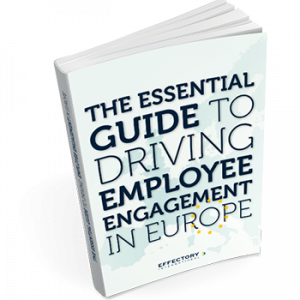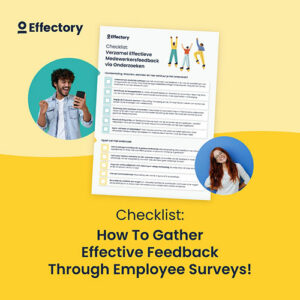The current compensation system adopted by many organisations is outdated in today’s workplace. As a result, talented employees are being stifled and older employees are becoming frustrated. To combat this, it’s imperative that organisations confront the subject of demotion and start moving towards a more modern compensation system.
Why it’s time to change compensation system
At present, most organisations adopt a compensation system that couples pay with years of experience. The outdated concept results in the longest serving employees having the largest salaries. Adopting such systems not only harms younger, talented employees, but also harms the very employees it’s designed to benefit.
Gilded cages
One consequence of coupling compensation with years of experience is that employees end up trapped in static positions on a large salary. Stuck in gilded cages, many senior employees find themselves in positions where there is little room for development and their pay outstrips their added value.
At the same time, most comparable jobs at other companies are either not financially attractive or viable. Ultimately, these factors combine to make it extremely hard for the employee to leave and when employees are trapped, their long term engagement and motivation suffers.
Stifling top talent
The second consequence of adopting the discussed compensation system is that talented young employees are being stifled. Some of the most talented employees in organisations are seeing older colleagues who are earning more money, but adding less value. Organisations are afraid of rewarding top talent too quickly as it can never be undone, and scores of young employees are on the wrong side of remuneration. Naturally, these young and talented employees become frustrated.
In some industries (such as tech start up) experience and years of service is becoming less and less relevant. For such industries it’s not what you knew five years ago or even yesterday, it’s about what you know today and how you make use of such knowledge. As experience becomes less relevant, so does adopting an experience based compensation system.
Free Report: The essential guide for driving employee engagement in Europe
Register to receive your copy
DownloadTime to change
As we move to increasingly varied ways of working, it’s also important to move towards more varied compensation systems. It’s time that organisations moved away from coupling compensation with years of experience, towards a system of contribution-based pay. Although contribution-based pay is a broad term, the specific focus should be on coupling compensation with added value.
We’ve adopted the same compensation system for many years and we need to progress towards more modern labour relations. It’s time that we shifted from an archaic compensation system, towards one that reflects a more modern approach.
5 ways HR can modernise organisations
To do so, it’s imperative that organisations address the topic of demotion. Rather than avoiding the subject, management and HR should confront it. Although it may be a hard subject and it belongs to a culture we’re not used to, organisations have to start being honest about the added value of employees. What our partnerships have shown us is that honest conversations about compensation and added value are surprisingly, often a liberating experience for employees.
Most importantly, when a contribution-base pay system is adopted, the gilded cages and frustrations that currently exist will cease, paving the way for a more modern compensation system that better reflects today’s workplace.
How to gather feedback from your employees
The definitive checklist for creating your employee engagement survey.
Download
